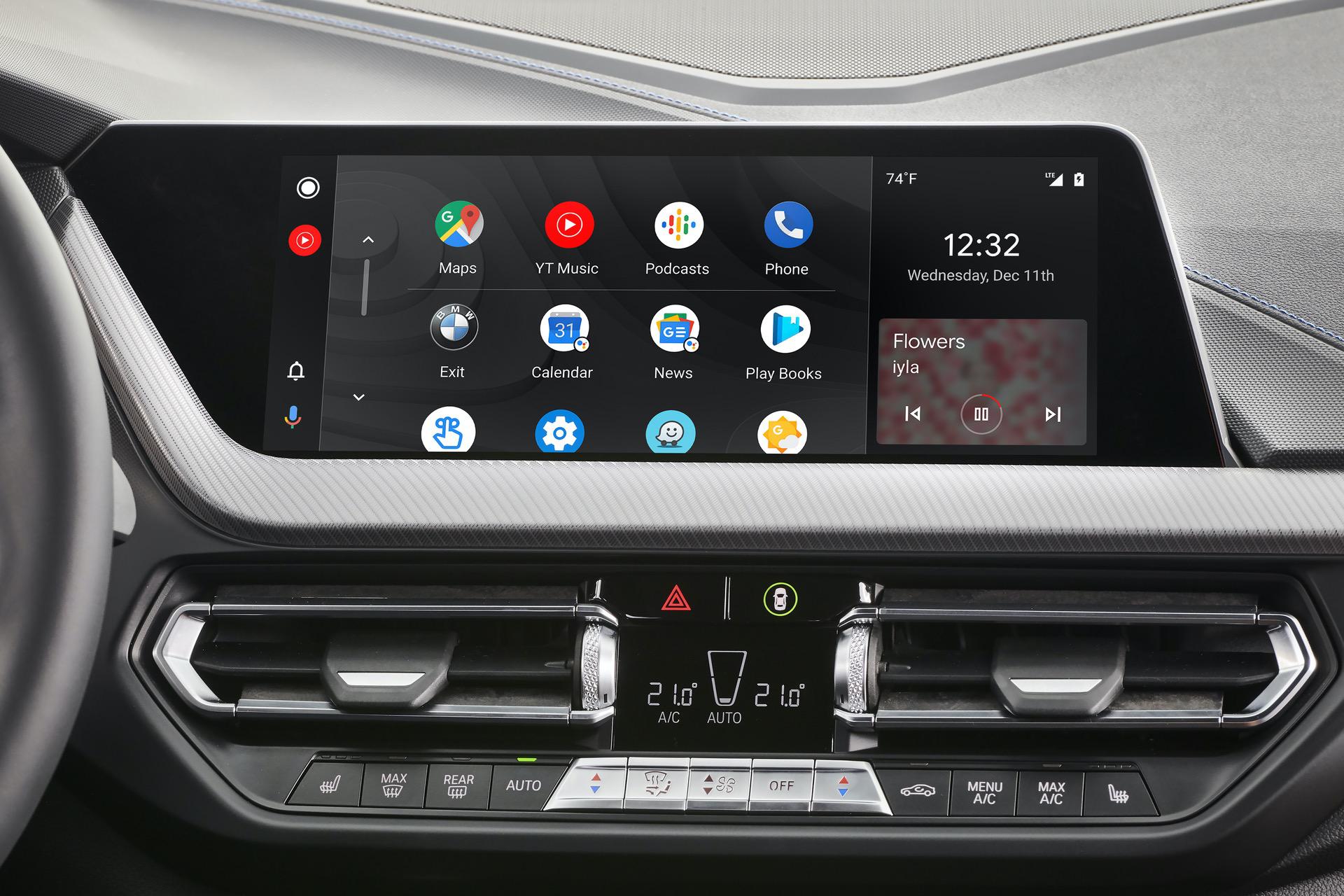Technology is great… when it works. That’s not the case with some of the cars that BMW is shipping to customers as they lack Android Auto and Apple CarPlay functionality. The necessary hardware is built into the cars, but the software is not ready for the time being. The issue stems from the semiconductor shortage, which has prompted the German luxury brand to switch chip suppliers.
The decision was taken to minimize delays in deliveries by using a different supplier to offset as much as possible the semiconductor shortages. Automotive News Europe received an e-mailed statement from BMW saying an over-the-air software revision will unlock the two functions. The OTA update is scheduled to arrive by the end of June at the latest.
“The chips built into these cars in the first four months of this year need updated software in order to be fully functional and offer Apple CarPlay/Android Auto and Wi-Fi capability.”
It’s unclear how many vehicles are impacted by this issue, but we do know the cars have the “6P1” code in their specification. BMW commenced production of vehicles with the different chips in January and needs a couple of months to iron out the software issues. It’s not the world since affected owners won’t have to take their cars to the dealership. The OTA update will fix the problem, which isn’t BMW’s fault in the first place.
It’s A Much Bigger Problem For MINI
The semiconductor shortage has recently hit MINI as well. It’s a significantly bigger issue since none of the current models can be ordered with a manual gearbox anymore. Perhaps more worrying is the uncertain timeframe regarding when the clutch pedal could return.
Understandably, the missing chips have had less of an impact on Rolls-Royce. The Goodwood marque builds high-margin vehicles to which the BMW Group prioritizes microchip shipments. The ultra-luxury British brand only sells a handful of cars anyway. Even though Q1 2022 was a record quarter, still only 1,624 cars were delivered.
Source: Automotive News Europe


















































